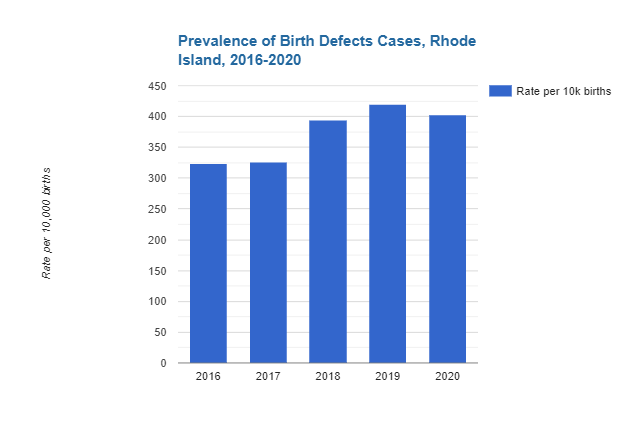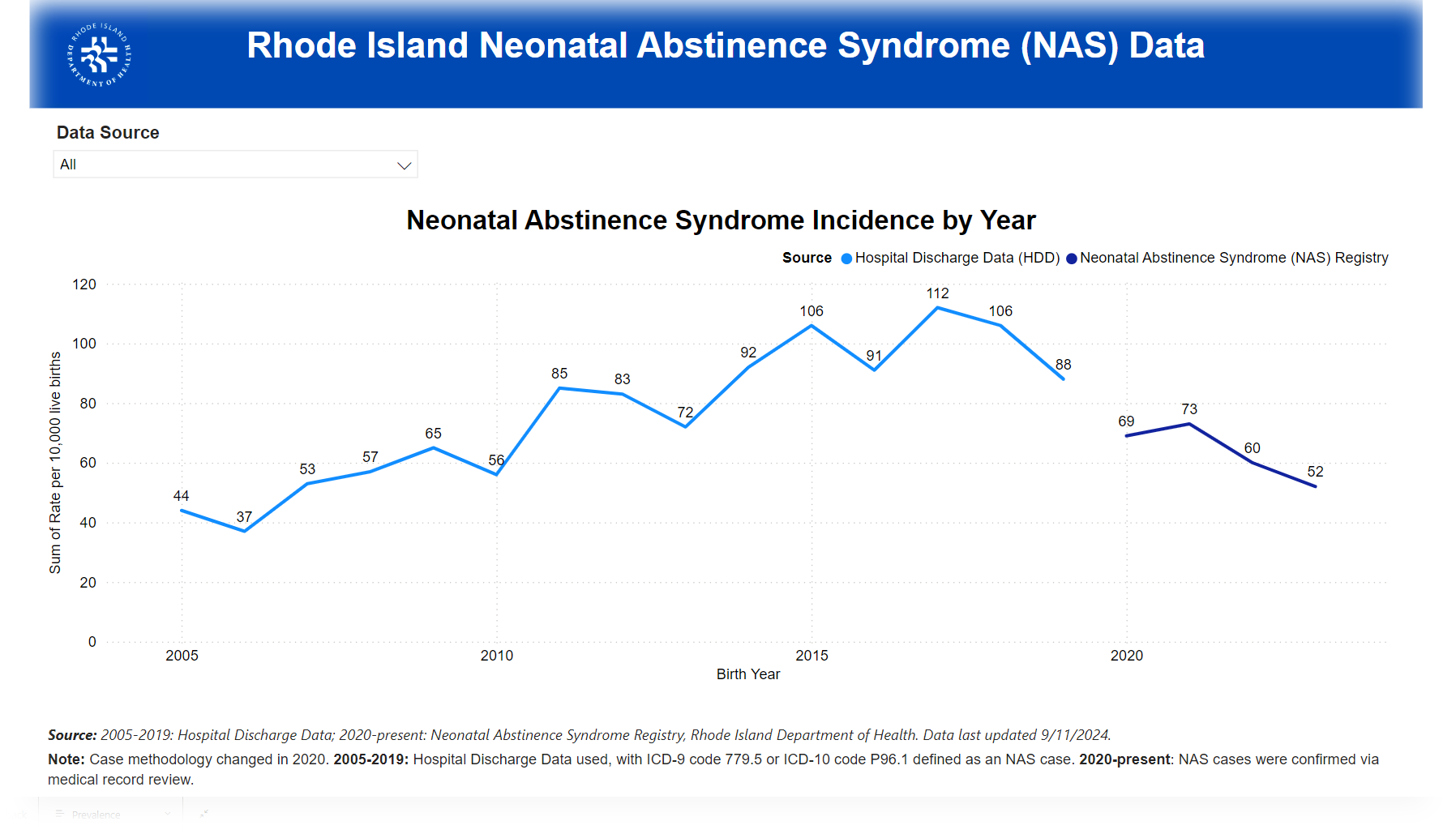Birth defects are structural abnormalities that affect the development of organs and tissues of an infant or child. These abnormalities may be identified during pregnancy, at birth, or following birth. Most birth defects are thought to be caused by a complex mix of factors. These factors include our genes, our behaviors, and things in the environment. For some birth defects, we know the cause, but for most, we do not.
Risk Factors
Some risk factors that may predispose one for having a child born with a birth defect are tobacco, alcohol and drug use during pregnancy, poor diet, lack of exercise, exposure to certain chemicals, and certain maternal characteristics such as the mother's age, education level, race, and socioeconomic status.
What Women Who are Pregnant or Trying to Become Pregnant Should Do
- Get routine prenatal checkups as soon as you think you are pregnant;
- Take folic acid at least one month before and during pregnancy (400 micrograms each day);
- Avoid tobacco, alcohol, and drugs not prescribed by your doctor; MORE
- Eat a healthy diet and get exercise, to reach and maintain a healthy weight;
- Prevent exposure to harmful chemicals;
- Manage any medical conditions you may have such as diabetes, epilepsy, and high blood pressure.
- Get vaccinated before pregnancy or as soon as you think you are pregnant. MORE
What We Do
The Birth Defects Program helps families of babies born with birth defects get the right healthcare services. We also track which birth defects are most common in the state over time.


